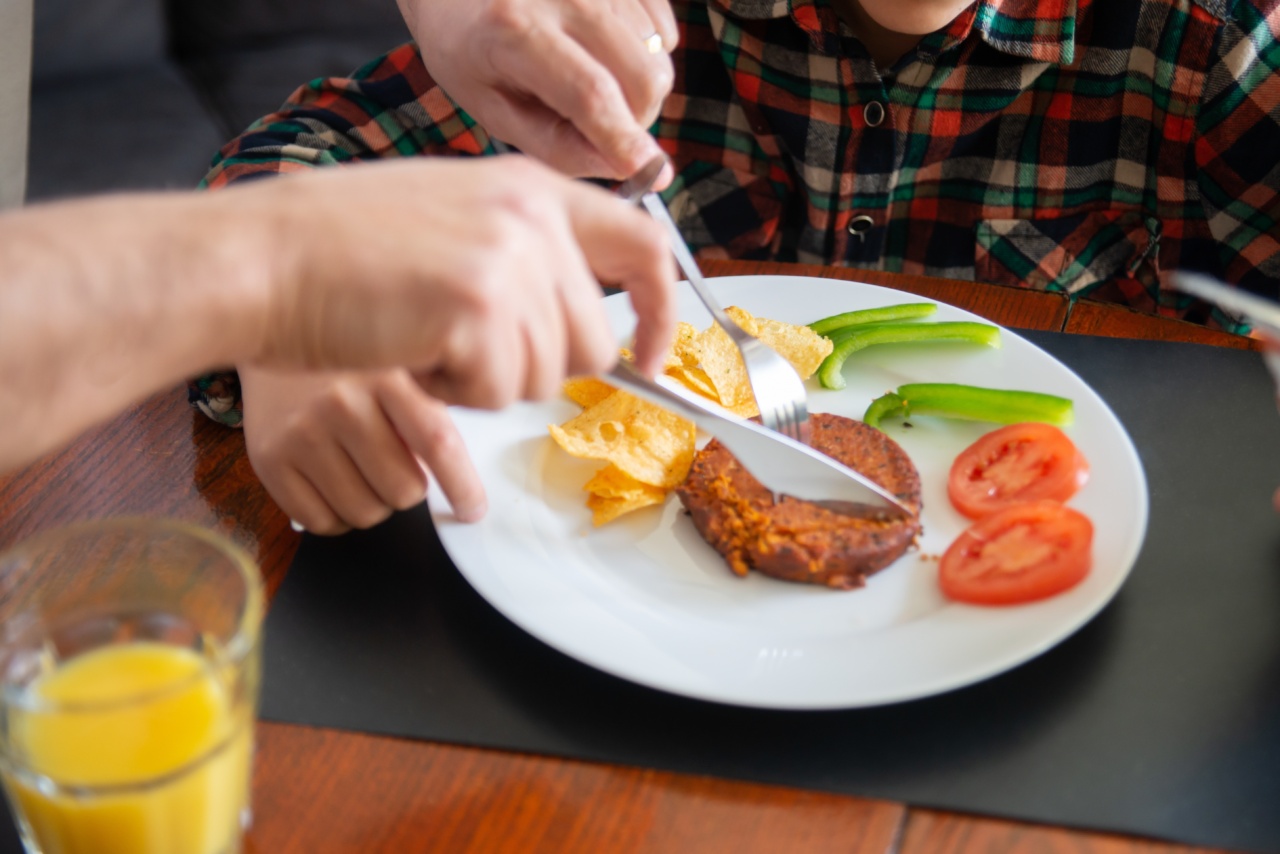Eating a large amount of food in a short period of time may seem like a daunting task, but with proper preparation and strategy, it can be accomplished.
Whether you are participating in an eating contest or simply looking to indulge in a feast, this ultimate guide to marathon eating will provide you with valuable tips and tricks to help you succeed.
1. Train Your Stomach
Marathon eating requires a well-trained stomach. Gradually increase your food intake over time to expand your stomach capacity. Start by having slightly larger meals each day, and gradually increase the portion sizes.
This will help your stomach stretch and accommodate larger amounts of food.
2. Stay Hydrated
Drinking enough water is crucial for marathon eating. Hydration helps to soften food, making it easier to consume and digest. It also aids in preventing constipation, a common issue after consuming large quantities of food.
3. Choose the Right Foods
Opt for foods that are high in calories but low in density. This means selecting foods that have a high caloric value but take up less space in your stomach. Examples include nuts, oils, and calorie-dense desserts.
4. Pace Yourself
Don’t rush through your meal. Eating too quickly can lead to discomfort and nausea. Take small bites, chew thoroughly, and savor the flavors. By pacing yourself, you give your stomach time to signal fullness, helping you avoid overeating.
5. Use Condiments and Sauces
Add sauces, condiments, and dressings to your food. These can enhance the flavors, making your meal more enjoyable and easier to consume in larger quantities.
6. Take Breaks
Regularly pause during your eating session. This allows your body to catch up and process the food you’ve consumed. Take short breaks to relax, take a drink of water, and allow your stomach some time to adjust.
7. Stay Active
Maintaining some physical activity throughout the process can help stimulate digestion. Taking short walks or doing light exercises can aid in moving food along the digestive tract.
8. Manage Food Temperatures
Be mindful of the temperature of the food you’re consuming. Extremely hot or cold foods can cause discomfort and may slow down your eating pace. Opt for foods that are warm or at room temperature for smoother consumption.
9. Listen to Your Body
Pay attention to your body’s signals of fullness. It’s important to know when to stop eating, as overconsumption can lead to discomfort and potential health issues. Eating until you are comfortably full is much healthier for your body.
10. Practice Mindful Eating
Mindful eating involves being fully present in the moment while eating. Concentrate on the taste, texture, and aroma of the food. This not only enhances your overall dining experience, but it also helps you recognize satiety cues more easily.































